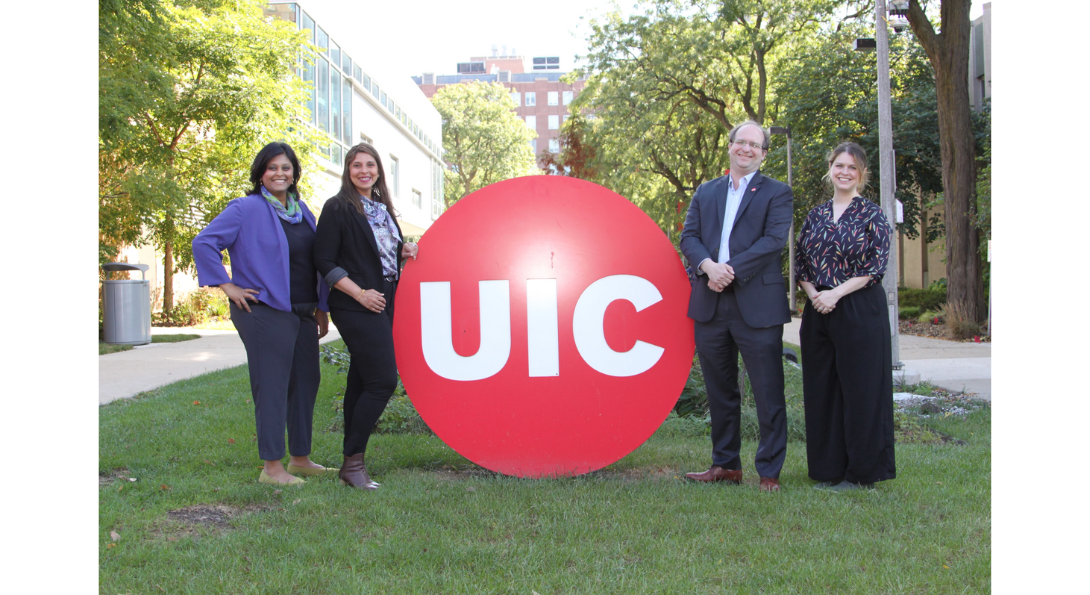Funding Alert: CPERL teams up to secure ARPA-H funding

Introduction
We have successfully teamed up to secure new funding that helps to advance a third thematic line of inquiry in our lab's research agenda. This theme leverages the results of a series of preliminary studies we have undertaken in recent years. Through this theme, we will focus on building and testing a suite of scalable strategies for harnessing patient-reported pediatric rehabilitation data to enact family-centered care coordination to and through early intervention services for young children experiencing disability.
This new grant for nearly $10 million is funded by the new Advanced Research Projects Agency for Health (ARPA-H), which was created to invest in bold new ideas for transformative biomedical and health breakthroughs. Our project, titled Creating AI-Enabled All-Health Team Data, will aim to extract and use artificial intelligence to maximize the value of clinical notes and structured data, to drive shared decision-making during two transitions in care (e.g., the transition of infants and their families from a neonatal intensive care unit to home and follow-up care such as early intervention). This exciting health informatics project is a multi-site and interdisciplinary effort that engages quality colleagues across three departments in our college, three colleges at our institution, and three other institutions in the Midwest. We are excited to have our colleague, Vanessa Barbosa, PhD, OTR/L, joining our lab to help advance our contributions to the project specific to NICU-to-home and follow-up care (e.g., early intervention).
Mary Shares: As an occupational therapist, rehabilitation researcher, and caregiver with lived expertise of co-parenting a child born preterm (the leading cause of infant mortality and disability worldwide), I appreciate the importance of harnessing hidden sources of performance-based and patient-reported data without drowning our providers and parents in it. At a point of setback, I was graciously challenged to rethink my mindset and then invited to join this creative, critically curious, and collegial team to chart my chosen course. I dedicate this growth opportunity to those CPERL staff, students, and alumna (including Vera, Dianna, Vivian, Julia, Shivani, Zuri, and Ivana) who helped some of us ARPA-H team members come together to design, conduct, and disseminate exciting preliminary studies that are published or in press. I trust that this funding is but one manifestation of our foundational research. I am perhaps most excited by the ways in which our alums will successfully advance their respective angles as part of a larger community building greater capacity for this area of translational science advancing rehabilitation practice. The future is bright.